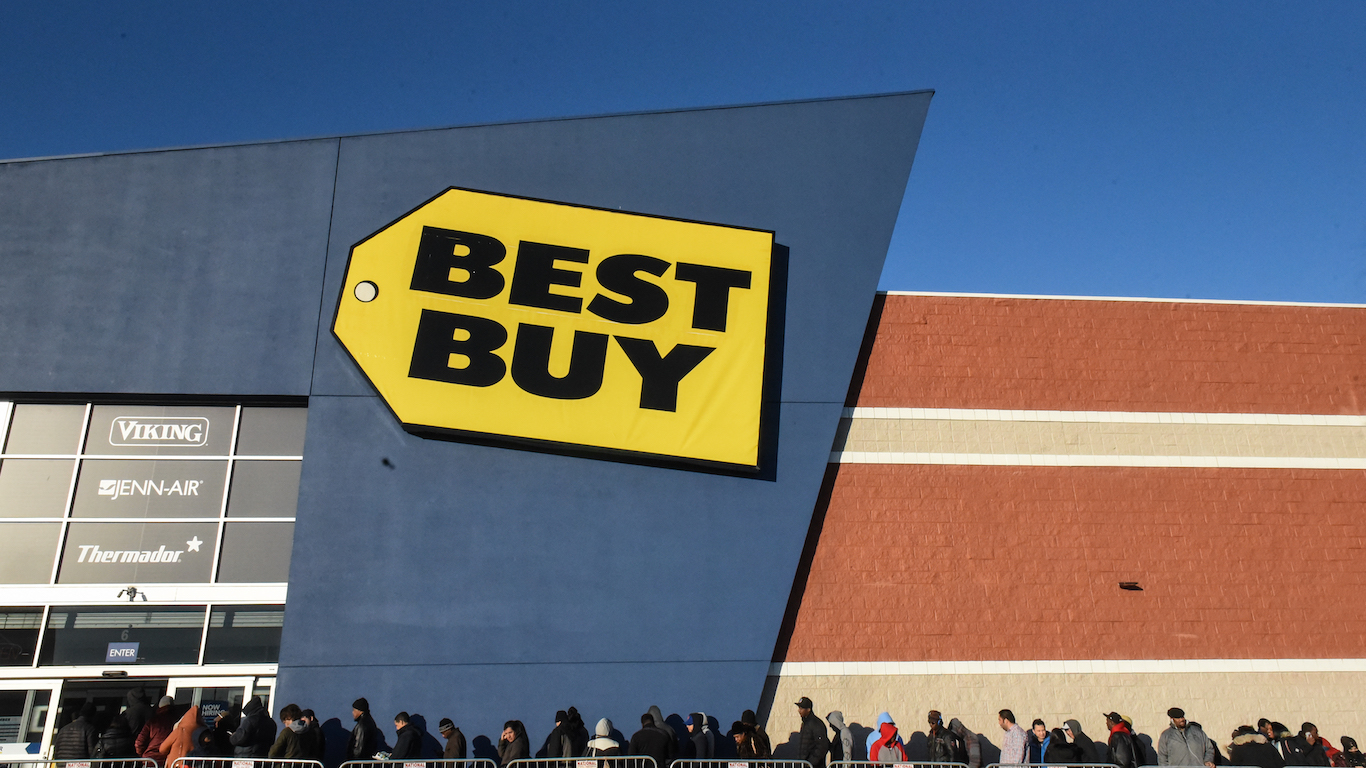 “Letting a hundred flowers blossom and a hundred schools of thought contend is the policy for promoting progress in the arts and the sciences and a flourishing socialist culture in our land.” Mao Zedong, 1956
“Letting a hundred flowers blossom and a hundred schools of thought contend is the policy for promoting progress in the arts and the sciences and a flourishing socialist culture in our land.” Mao Zedong, 1956
Wall St. and the press have become critical of Google because it has entered a number of new businesses very quickly and may not have the infrastructure and experience to manage them all well. The businesses that get particular scrutiny are the new Google handset operations which build the Nexus One phone, Google’s social network features for its Gmail service, and a plan to build an ultra-fast broadband infrastructure service for consumers.
There have been a lot of customer complaints about poor service for the Nexus One. Early critics claim that extensions to the Gmail service have security flaws and that the entire program does not help Google compete with Facebook and MySpace.
Google has been criticized for two years as it has introduced services as widely varied as it Apps products that provides Microsoft Windows-like software features to run on PCs, to its financially unsuccessful push into web video though its purchase of YouTube, to its introduction of the Android mobile operating system, to its free global map and “street view” services.
Google, critics argue, should stick to improvements of its remarkably successful search engine and advertising business which drove the company to 2009 revenue of $23 billion and net income of $6.5 billion. Google has 70% of the search market in the US and is similarly dominant in several other countries. It is in trouble in China and may leave the country due to censorship issues.
Does Google do too much with few expertise and too few experienced executives and workers? That criticism would sound odd if it were applied to a number of other large American companies that have moved in and out of new businesses and taken extraordinary risks to expand their sales.
The first large American company on any list of those which have taken long shots to expand is Microsoft (MSFT). It has tried with only the most modest success to expand beyond its extremely profitable Windows and Office franchises into the online content and search business, the mobile operating system sector, and the video game industry. It has had more success than expected by most in the game business. It has overtaken what was once believed to be an insurmountable lead held by Sony’s PlayStation. Microsoft decided to spend billions of dollars and commit tremendous research and market dollars to catch Sony. It worked. Microsoft’s original businesses are no longer impressive growth operations. Microsoft has taken a financial chance and risk of spreading its management thin to offset its slow growth though its move into industries such as search. Not all the attempts have been successful, but they were and are the only real chance Microsoft has at rapid expansion.
GE (GE) is the best single example of an American company that will try nearly anything to grow more quickly than the economy. GE is one of the largest corporations in the world by revenue and has over 320,000 employees. It is forever a tinker as it rearranges its businesses in trying to find the right growth mix. It was committed to the entertainment and news business for years, and assumed that media was an industry which offered unprecedented growth opportunities. GE management insisted it would never sell its NBCU unit, until Comcast made the conglomerate a reasonable offer to take control. GE’s belief in media had evaporated. GE announced plans to sell its consumer and industrial operation in May 2008. The conglomerate has gotten in and out of businesses for decades while it constantly looks way to get the entire conglomerate to outperform GDP and post earnings increases every year.
Large technology companies are especially fond of seeking growth through diversification whether that is accomplished by internal programs or acquisitions. Hewlett-Packard (HPQ) recently bought EDS to sharply increase its consulting revenue. Oracle (ORCL), the largest enterprise software company in the world, seems to add a company a year to its stable. The most recent of these came though its purchase of Sun Microsystems.
Critics of Mao Zedong have long believed that the Hundreds Flowers Movement of 1956 and 1957 was not actually an attempt to encourage academicians and politicians to give their views about how China might be improved. It was, rather, a way to flush out dissidents. Google, like all large companies, has dissidents of a sort, or at least people who would like to see the firm move in a direction other than the one that has made it successful. Google’s CEO Eric Schmidt did not get his job and has not kept it so long by being a fool. Google is a society of engineers. The fastest way for Schmidt to find out which of the projects which are being championed by powerful people within his own company might actually add to Google’s success and which ones are only wastes of time and resources is to put them onto the market and find out what fails.
Douglas A. McIntyre
Are You Still Paying With a Debit Card?
The average American spends $17,274 on debit cards a year, and it’s a HUGE mistake. First, debit cards don’t have the same fraud protections as credit cards. Once your money is gone, it’s gone. But more importantly you can actually get something back from this spending every time you swipe.
Issuers are handing out wild bonuses right now. With some you can earn up to 5% back on every purchase. That’s like getting a 5% discount on everything you buy!
Our top pick is kind of hard to imagine. Not only does it pay up to 5% back, it also includes a $200 cash back reward in the first six months, a 0% intro APR, and…. $0 annual fee. It’s quite literally free money for any one that uses a card regularly. Click here to learn more!
Flywheel Publishing has partnered with CardRatings to provide coverage of credit card products. Flywheel Publishing and CardRatings may receive a commission from card issuers.
Thank you for reading! Have some feedback for us?
Contact the 24/7 Wall St. editorial team.




